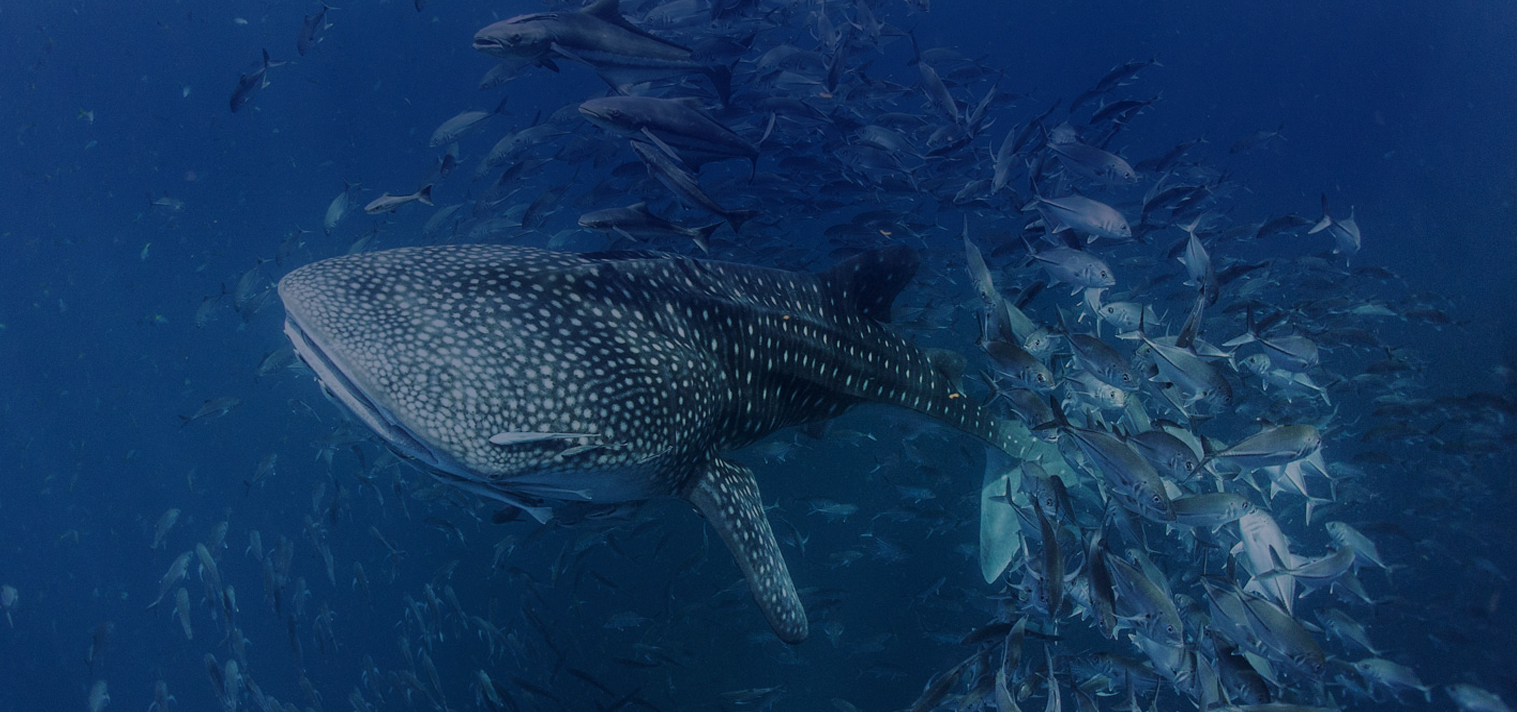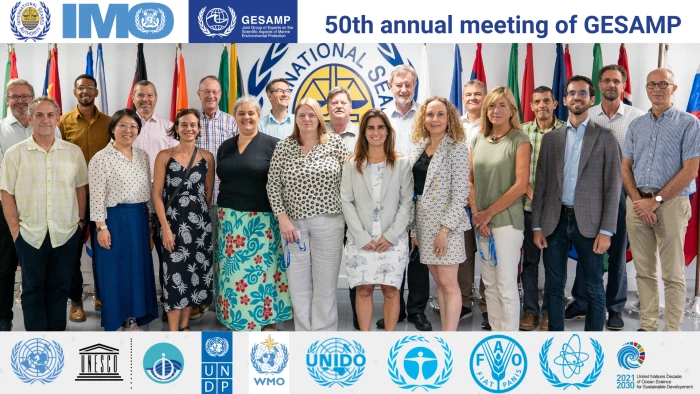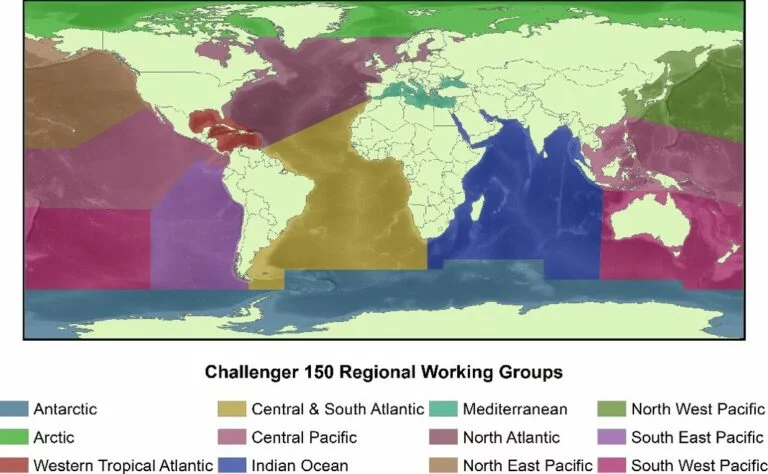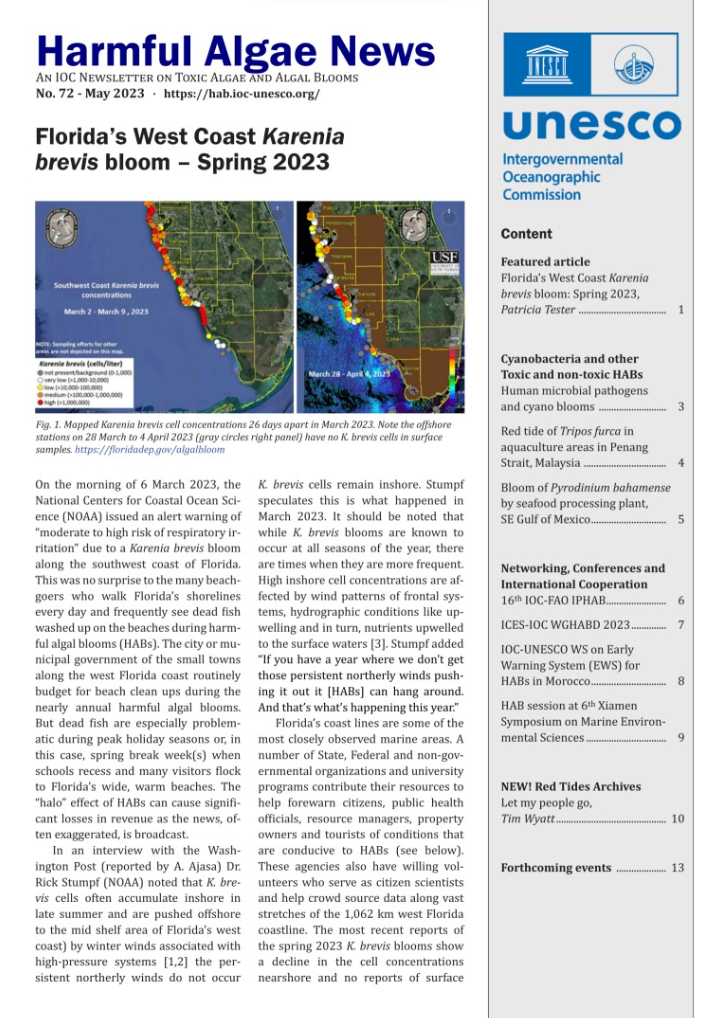The IOCARIBE ANCA Network held a regional workshop to strengthen national capacities in the use of the HAEDAT database, the global platform that records harmful algal bloom (HAB) events. The session provided a practical demonstration on how to enter, edit, and retrieve information, while highlighting the importance of improving the quality and consistency of data reported across the region.

2 décembre 2025
The IOCARIBE Regional ANCA Network hosted a virtual workshop dedicated to the practical use of the HAEDAT database, aiming to support Caribbean countries in the standardized reporting of harmful algal bloom events. The activity brought together national experts who learned about the platform’s key functions, its role within the global HAB information system, and the steps involved in submitting complete and accurate reports.
During the session, participants were guided through the essential components of HAEDAT and engaged in hands-on exercises to practice entering events, understanding mandatory fields, and reviewing data download and verification processes. The workshop also encouraged discussion on regional challenges, including the need for georeferenced information and complete environmental descriptions for each event.
The training emphasized the importance of strong inter-institutional coordination within each country to avoid duplicate entries and ensure continuity in annual reporting. Participants also reviewed recommendations to strengthen the role of national focal points and contribute to a more robust database that supports regional assessments and aligns with the upcoming relaunch of the platform.
IOCARIBE and the ANCA Network will continue working closely with Member States during 2026 to review active users, update access credentials, and support capacity development. This workshop represents an important step toward building a more prepared regional community with stronger tools for understanding and managing HAB events in the Caribbean.
By Alex Palomino
CURRENT NEWS ITEMS
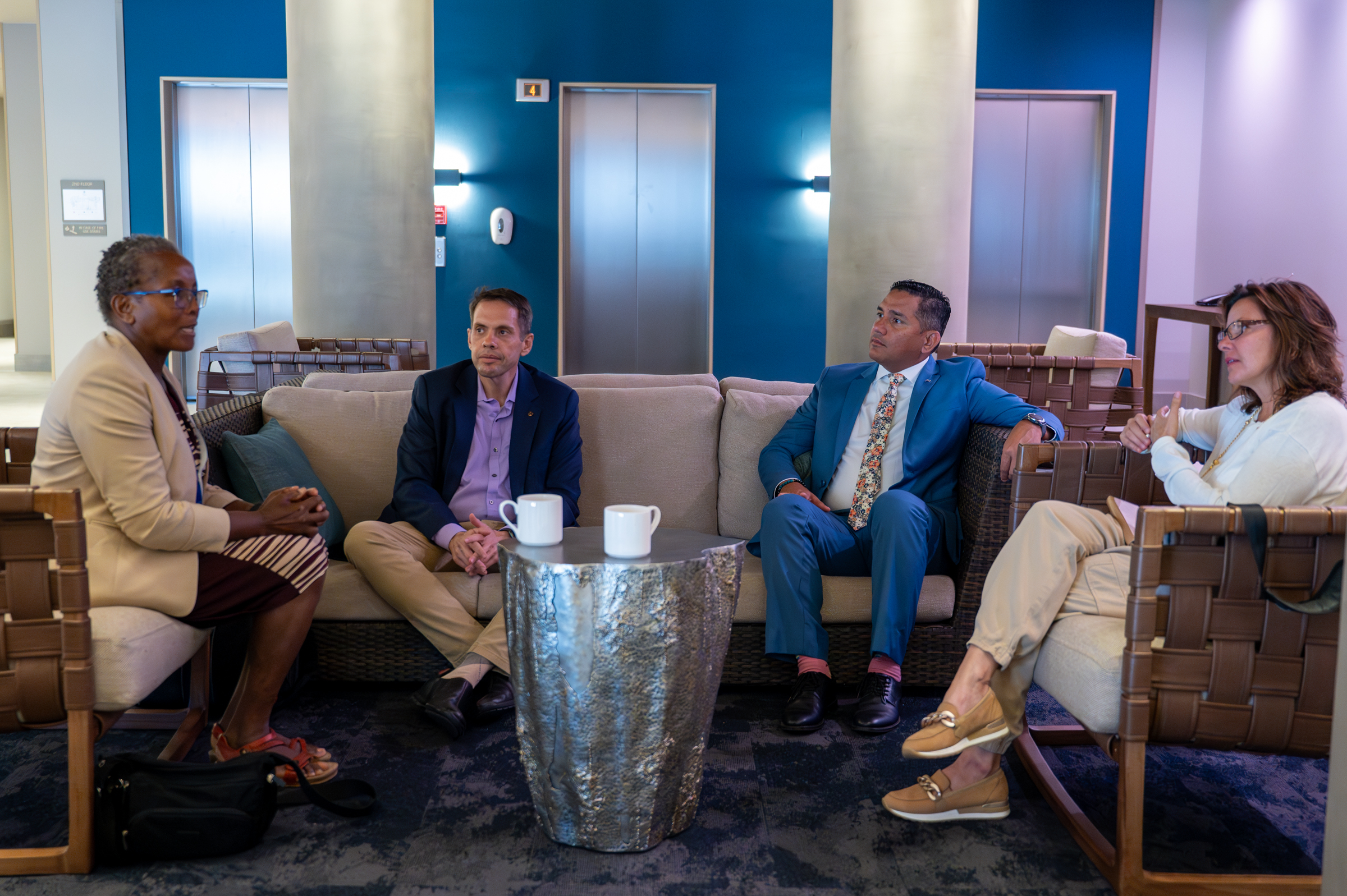
11 octobre 2023
During the Hackathon, there was strong enthusiasm generated around the marine spatial planning challenge game and…
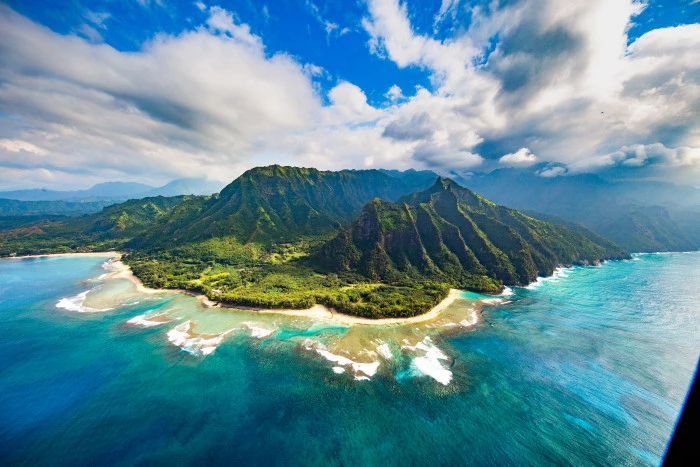
30 septembre 2023
The training was led by the International Tsunami Information Center (ITIC), which is part of efforts by UNESCO’s…
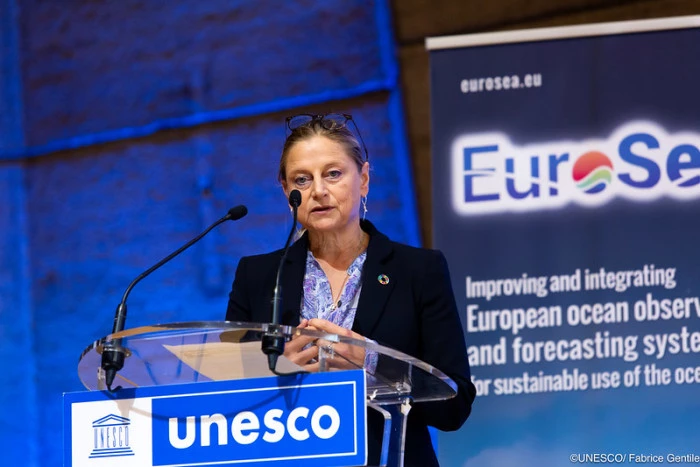
27 septembre 2023
The EuroSea Project involved 53 partners from 14 European countries as well as Brazil and Canada, working together to…
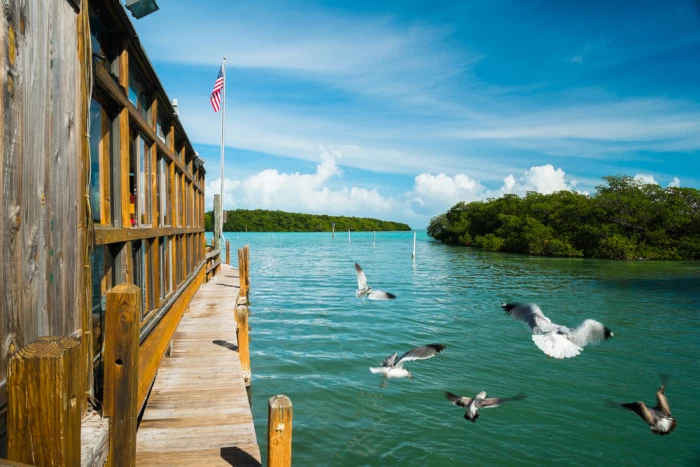
26 septembre 2023
The Department of Commerce and the National Oceanic and Atmospheric Administration (NOAA) of the United States announced $3.9 million to the Marine Technology Society (…
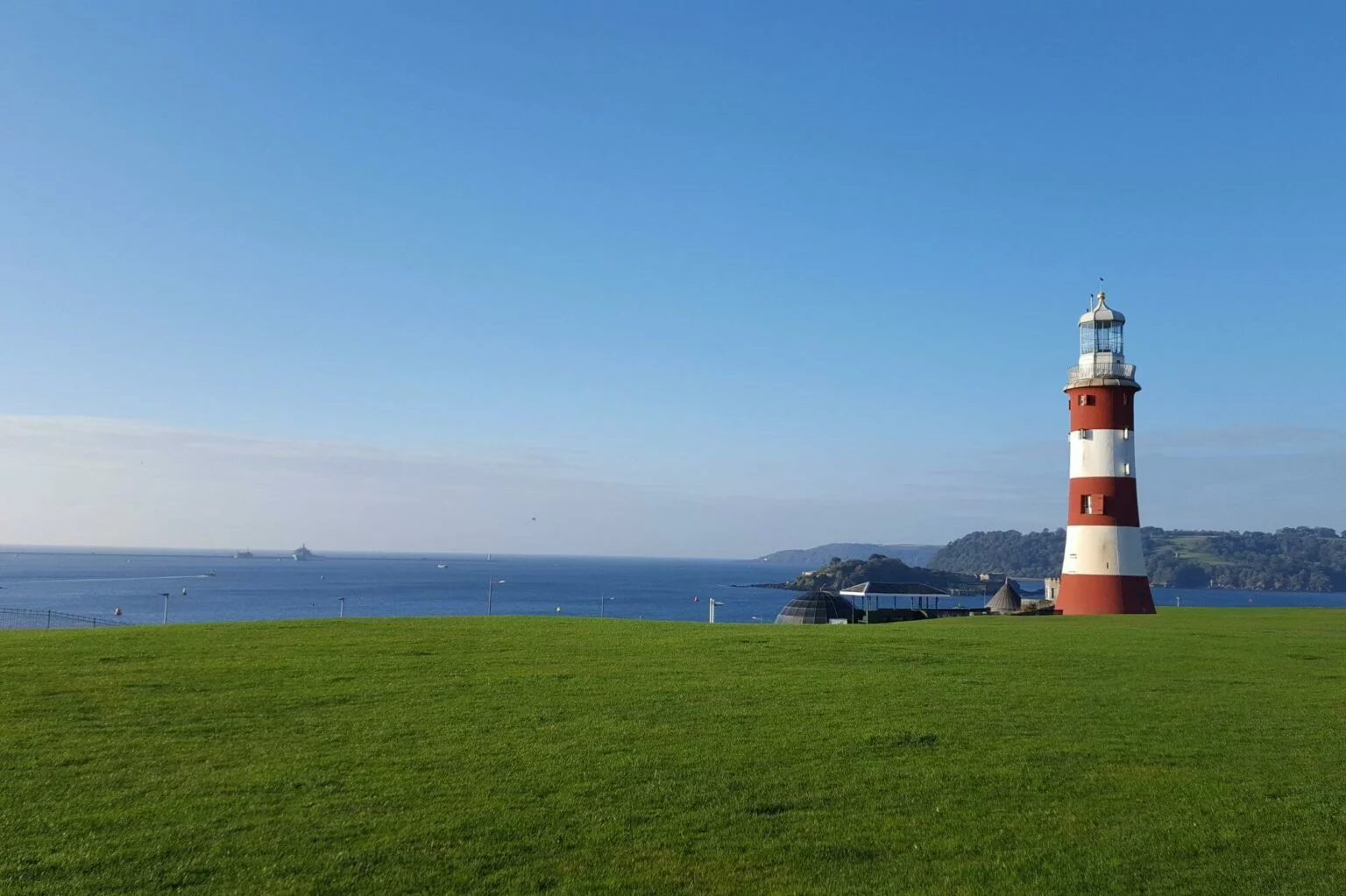
14 septembre 2023
‘Britain’s Ocean City’ welcomes the committee – whose members span the breadth of ocean science – to champion the UN Ocean Decade within the UK’s…
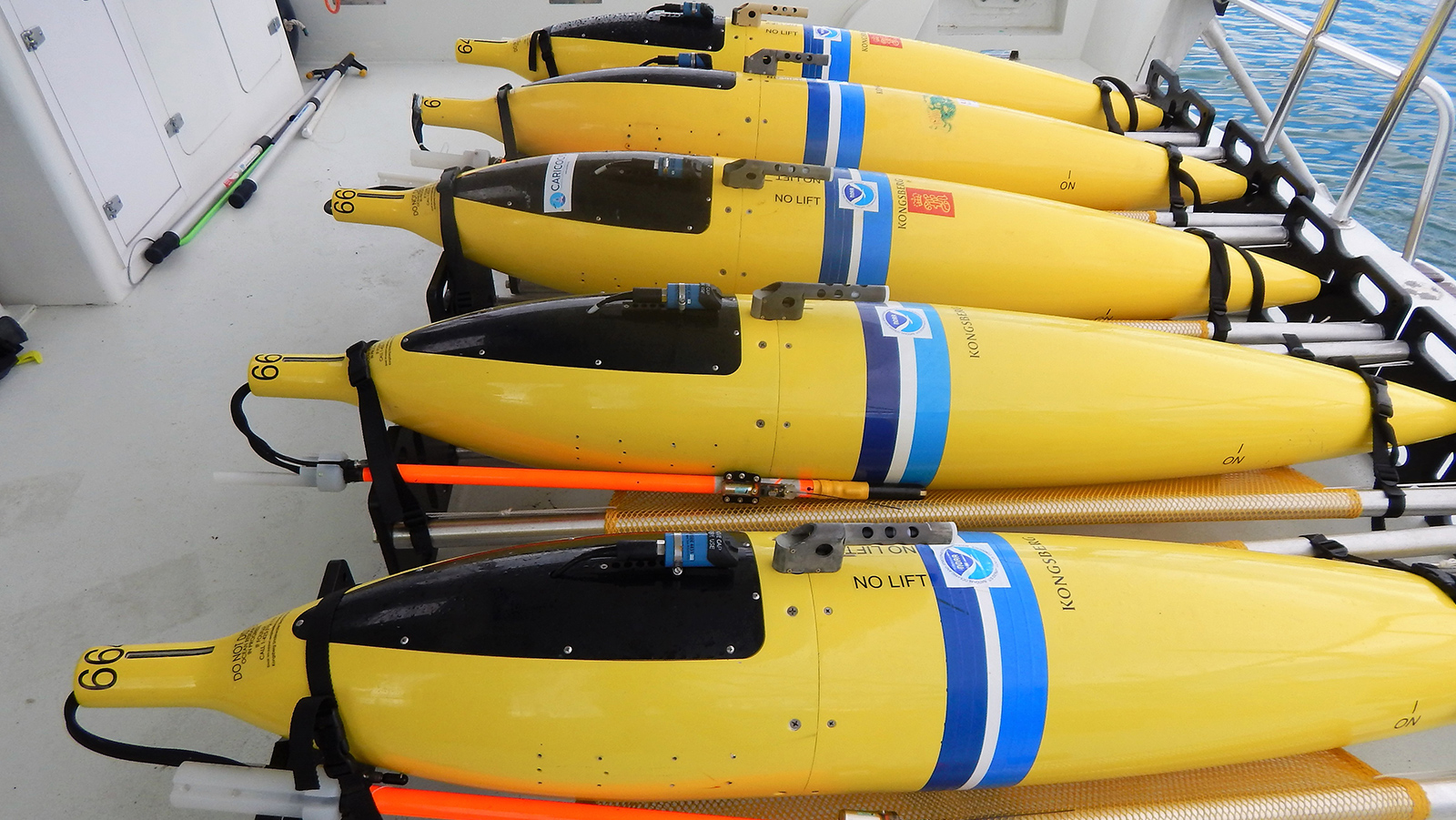
1 août 2023




